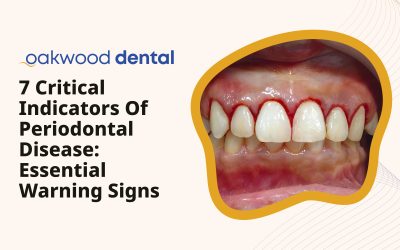Do you know that about 15 million people in the US have a dental crown or bridge replacement? It is a common restorative technique when there’s a missing tooth or teeth. A chipped or broken tooth is another scenario where a dental crown is necessary.
If you’re interested in learning more about dental crowns and how they might benefit your oral health, keep reading to learn things you need to know about crowns:
What are dental crowns made of?
Dental crowns are made from a few different materials, most suited for your teeth for the sake of longevity. Please note that these crowns are better for teeth visible when you smile since they look pretty natural.
However, your budget will play a crucial role in the type of dental crown you go for. A dental crown can be made from these four materials:
- Ceramics – This is the most natural-looking dental crown made with a porcelain base. Its color blends well with natural teeth, making it the first go-to for most dental clients. They do well with wear and tear and sometimes can be brittle with heavy biting.
- Porcelain Fused to Meta l – These dental crowns are porcelain and attached to the tooth with a metal base. They can last a lifetime when taken care of and are great at protecting your teeth from further dental decay.
- Gold Alloys – While they can be expensive, they do not wear down quickly, meaning they will likely last a lifetime. They aren’t only made with gold but a combination of other materials like copper. That creates a strong crown that will last you a lifetime.
- Metal Alloys – As you may have rightly guessed, metal crowns are strong, durable, and can withstand corrosion. They are also very gentle in the month, preventing damage to your other teeth and gums.
Steps to getting a dental crown
Getting a dental crown is not rocket science. First, you need to visit your dentist to decide which type of dental crown would be best. You also need to enquire about payment by speaking to the front desk to see what your insurance covers.
Typically, it takes two to three dental visits to get a crown, and your dentist will most likely numb your mouth during the procedure. After which, damaged tissues and decay will be removed. An impression of the teeth will be made, and a temporary one will also be made till your next appointment, often in two weeks.
The best thing you can do is to work with an experienced dentist. Fortunately, we’ve covered you here in Staten Island, New York. So call or fill out our contact form to book an appointment.

 718-979-2121
718-979-2121








